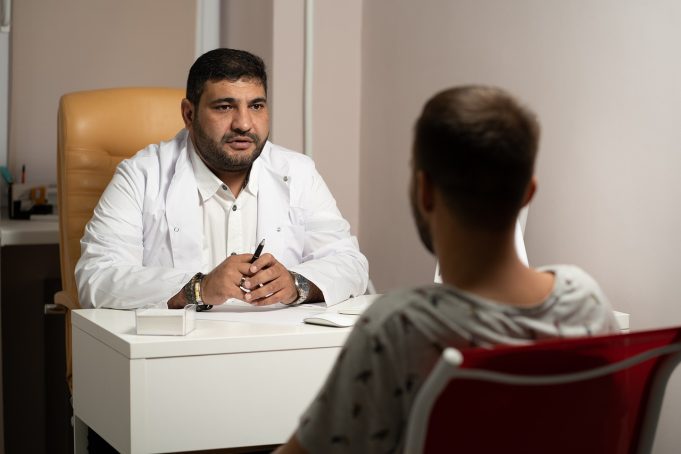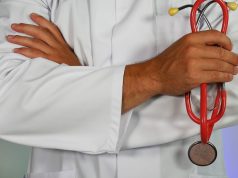Patients that suffer from strokes, more often than not, require rehabilitation to retain the muscle control they might have lost. Strokes tend to happen when there are obstructions in the arteries that carry blood and oxygen to the brain.
Therefore, certain parts of the brain are temporarily deprived of oxygen causing a stroke. In addition to just regaining lost motor control, stroke rehabilitation therapy can contribute a great deal towards helping the patient lead a more independent life.
What to expect after stroke rehabilitation?
Most doctors recommend beginning stroke rehabilitation as soon as possible to improve the odds of being rehabilitated completely. Therefore, patients may even start rehabilitation 24 to 48 hours after the stroke.
A typical stroke rehabilitation session will involve:
- Physical activities:
These are required for patients who lose control of their limbs or mouth. It involves motor-skill training, mobility training, constraint training and finally, range-of-motion therapy. Constraint training is also known as forced-use therapy as it involves restraining the normal limb and forcing the affected limb to move.
- Technology-assisted actions:
This involves the use of devices and electricity to get movement from the affected parts of the body. Some activities include the use of electricity to stimulate the muscles and therefore, re-educate them. Other activities involve the use of devices to help in stimulating the muscles.
- Communicative activities:
During a stroke, there is a high possibility that patients lose the ability to speak either partially or completely. Therefore, stroke rehabilitation involves cognitive and communicative therapy to help with speech.
Benefits of stroke rehabilitation therapy
In addition to the more evident benefits that accompany stroke rehabilitation, there are other benefits that patients can receive as well. These include:
- Better communication:
As mentioned before, stroke rehabilitation will involve a significant amount of cognitive training as well. This is because the stroke will affect certain functions of the brain like memory, thinking, perception and more. In addition, communication and articulation skills also have to be improved as the mouth, vocal cords and lips are affected.
With a stroke rehabilitation plan, a patient will be able to communicate more easily along with having a better memory.
- Improved mental health:
Patients who recently experienced a stroke are very likely to have deteriorating mental health as well. This is primarily because of the various lifestyle changes that take place in such a short period. In addition, they can feel anxious and depressed about their recovery and their progress in every rehabilitation session.
For this reason, stroke rehabilitation also includes psychological support to help improve the patient’s emotional state.
- Maximizes independent lifestyles:
Patients who have suffered a stroke will have to depend on another person either completely or for certain requirements. However, over time with rehabilitation, these patients can live a much more independent life with improved motor control and accomplish daily tasks on their own.
Patients who are unfortunate enough to suffer a stroke need not spend the rest of their lives depending on someone else or be incapable in any way. This outcome is only possible by working with the best therapists offering stroke rehabilitation in Dubai.










